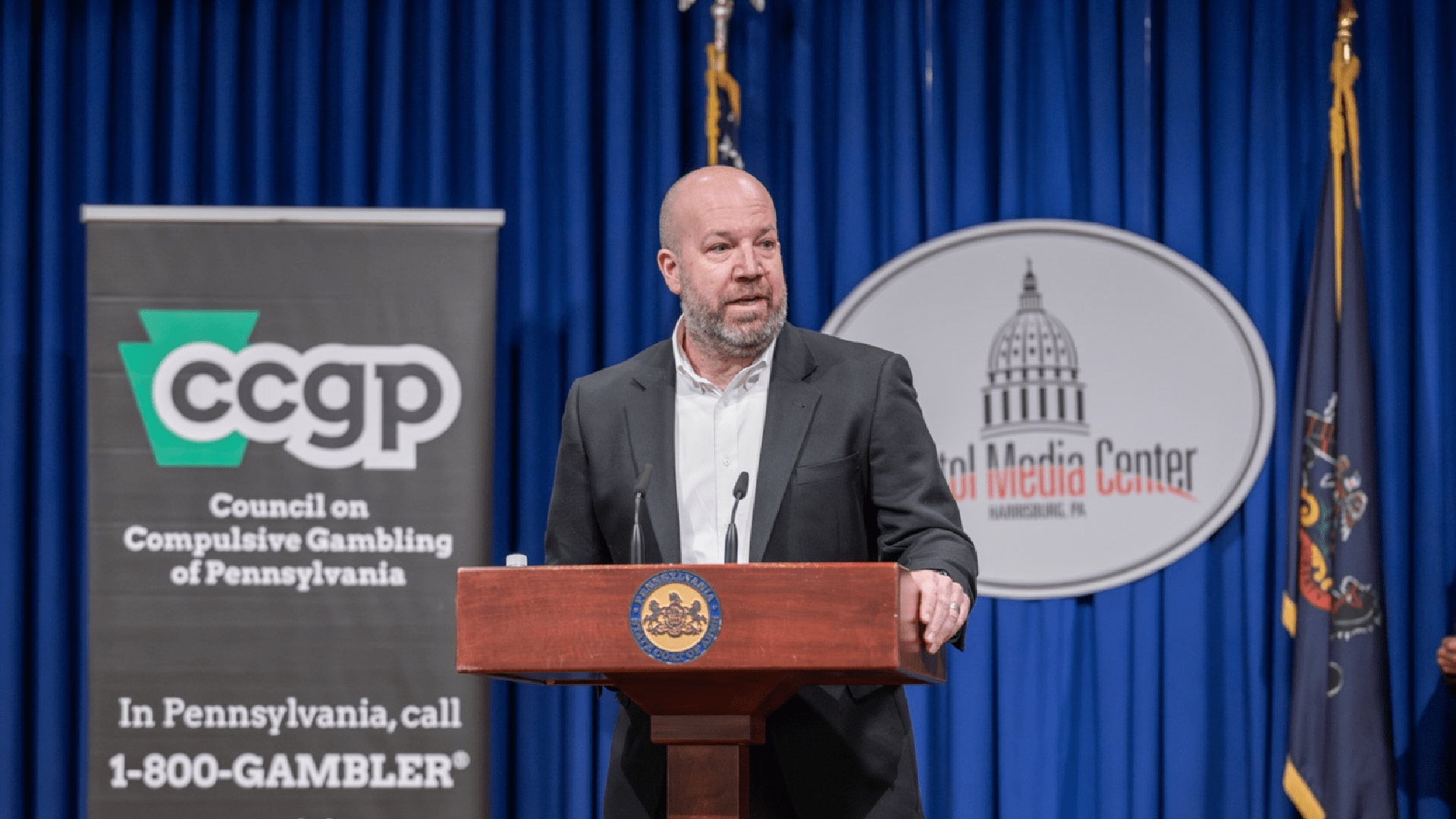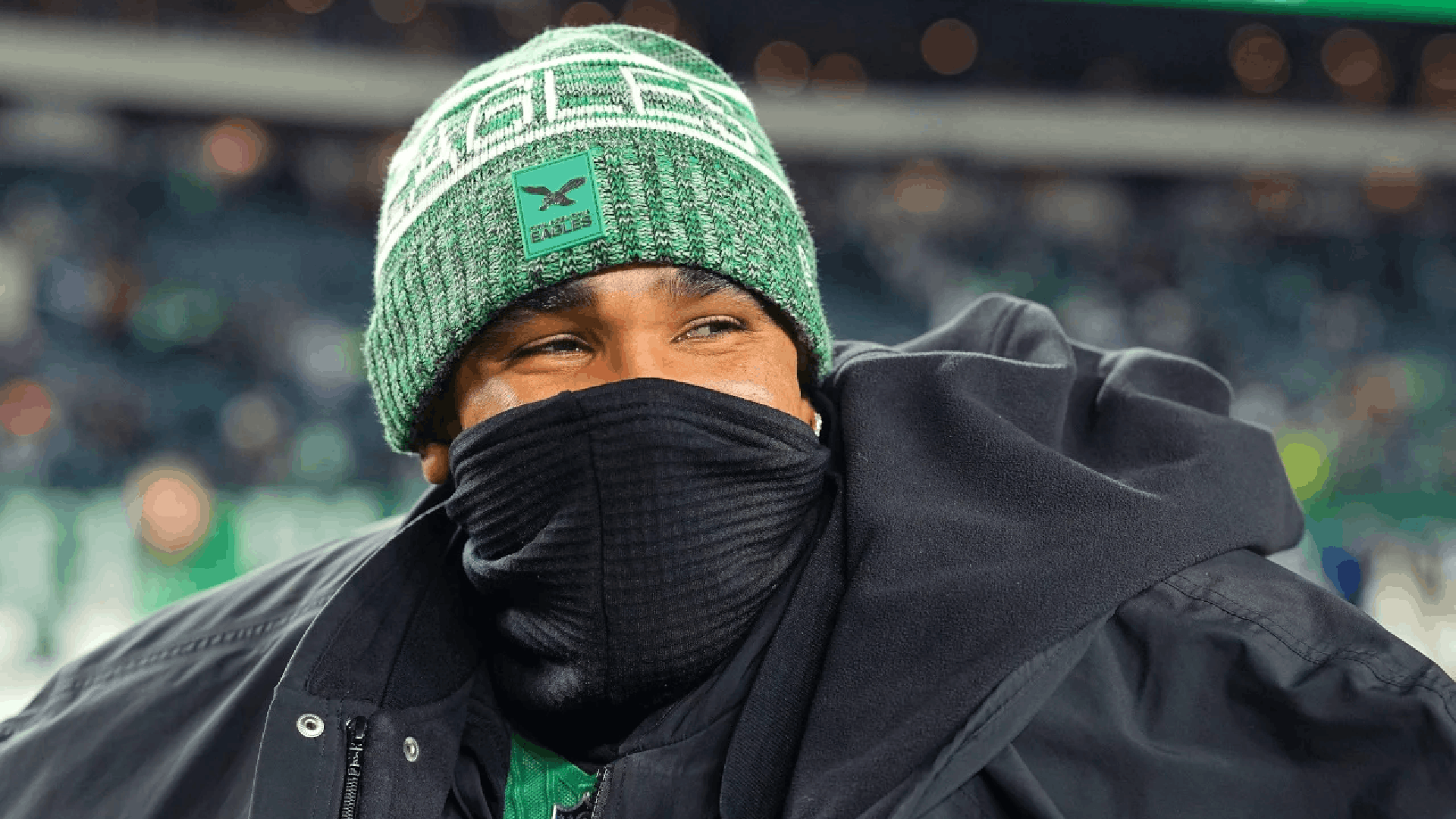Pennsylvania Gambling Hotline Remains Busy, Self-Exclusion Jumps
Outreach to the nonprofit group is still strong, according to the Council on Compulsive Gambling of Pennsylvania's (CCGP) 2024 Annual Report.
The CCGP, which is affiliated with the National Council on issue Gambling, helps people in Pennsylvania who are looking for assistance with a gambling issue. In addition to running a free, live, confidential hotline, the CCGP connects callers to online and local resources run by qualified clinicians who specialize in treating gambling issues.
The 1-800-GAMBLER hotline in Pennsylvania provides both text and voice services. The group received 26,751 calls in 2024. Hang-ups made up 24% of the traffic, 17% indicated they had the wrong number, and 18% said they were looking for information on casinos and the lottery, so the vast majority had nothing to do with gamblers asking for assistance.
According to the CCGP, intake calls—that is, calls pertaining to problem gambling—accounted for 8% of the calls and messages. 2,168 callers that wanted assistance spoke with the service. In 2024, Pennsylvania's 1-800-GAMBLER handled over 2,000 intake calls for the fourth consecutive year.
Intake calls decreased from 2,693 in 2023, but they were still twice as much as in 2019, when online casinos and sports betting were introduced in June and May, respectively.
In Pennsylvania, casinos, iGaming, sports betting, VGTs, and fantasy sports caused gamblers to lose about $6.4 billion last year.
Call Information
With 234 intake calls, the CCGP reports that March—which is Problem Gambling Awareness Month and when many sports programming and social media platforms incorporate messages about responsible gaming—was the busiest month for their hotline. Approximately 11% of the 2024 intakes occurred in March.
71% of intake dials and messages were from men, and 23% of the volume came from those between the ages of 25 and 34, who were also the most likely to get in touch. Next, at 20%, was the age group of 35 to 44. The intake was dominated by white individuals (64%), followed by black people (14%).
When asked why they were looking for assistance to reduce or quit their gambling issue, 71% of them stated that their activity was costing them money. 27% indicated mental health issues, and 34% claimed that their gaming was causing family issues. Just 7% reported that their gaming was causing them to have issues at work.
Self-Exclusion in iGaming Rises
The four self-exclusion choices provided by the Pennsylvania Gaming Control Board include fantasy sports, video gaming terminals (VGTs), iGaming, and casinos. According to the online data portal of the state gaming commission, enrollment increased significantly in 2024.
Compared to 2023, when 5,459 people self-excluded, there were 7,491 self-exclusion enrollments last year, a 37% increase. 4,242 self-excluded in 2022. As of August 8, 2025, 4,618 individuals have been excluded. The program has enrolled 34,000 people since its inception in 2006.
According to specialists in responsible gaming, taking away a problem gambler's gaming credentials is the best course of action. Self-exclusion for a year, five years, or lifetime is offered by the PGCB.
iGaming had the highest enrollments of any of the 7,491 exclusions from the previous year. In 2024, there were 3,545 iGaming self-exclusions, 70% of which were men. Online sports betting is also prohibited by the iGaming exclusion.
3,043 casino self-exclusions were made. Men made up about 71% of those who wanted to stop having access to any of the 17 physical casinos in the state.
There were 400 VGT self-exclusions and 503 fantasy sports exclusions.











